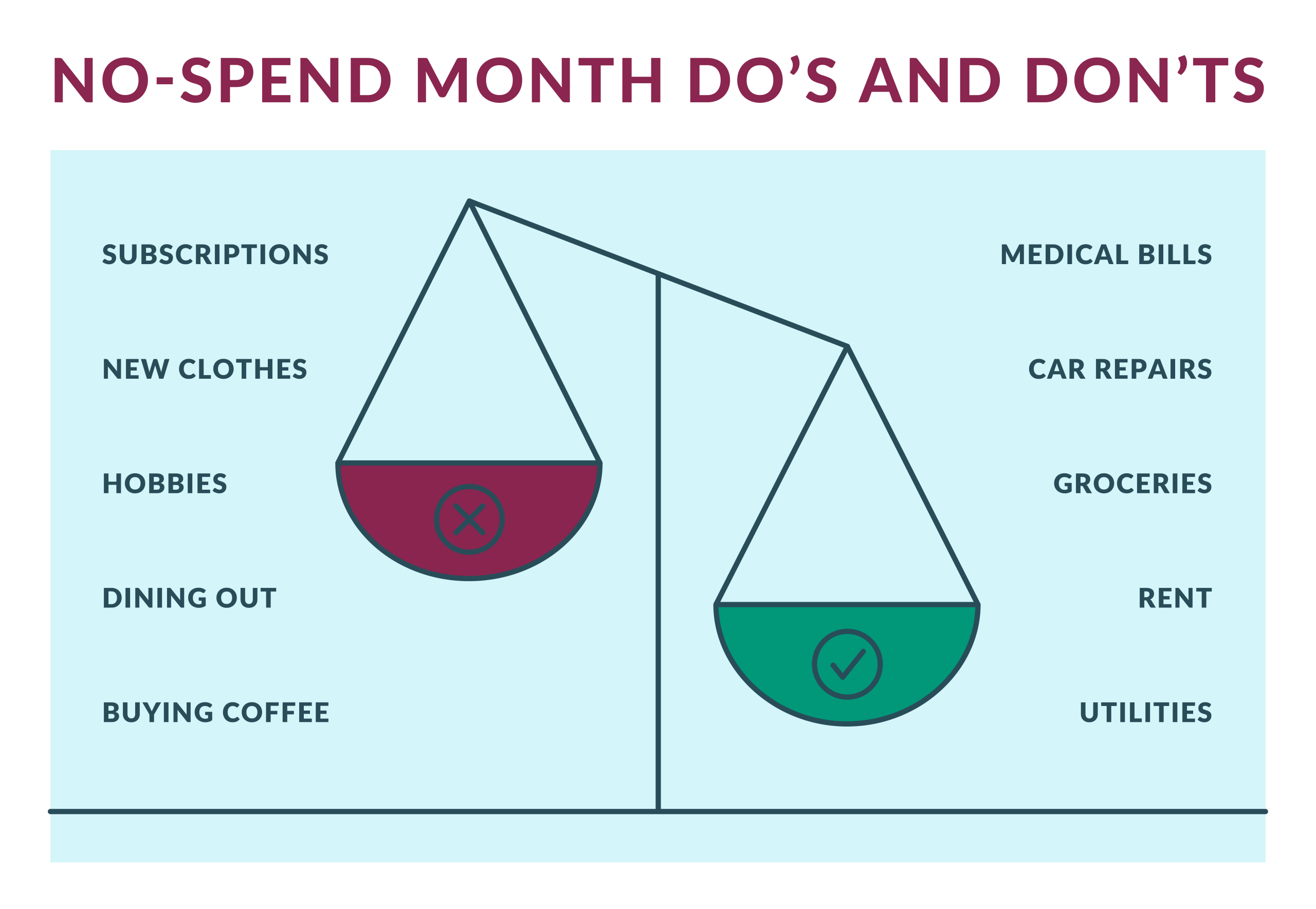Anúncios
In recent years, the professional landscape has undergone a significant shift. More and more people are opting for the freelancer lifestyle, seeking freedom, flexibility, and autonomy in their careers.
However, this freedom also comes with unique challenges, especially when it comes to financial security for freelancers.
Freelancers face a range of uncertainties, from fluctuations in work demand to the unpredictability of income streams. In this context, it is crucial to adopt smart strategies to ensure a solid and stable financial foundation.
In this article, we’ll explore the best advice for financial security for freelancers. Keep reading to find out more!
Have a Clear Budget
One of the cornerstones of financial security for freelancers is having a clear and well-defined budget.
Unlike traditional employees, freelancers do not have the guarantee of a fixed salary each month.
Therefore, it’s essential to understand your regular expenses as well as your variable income to ensure that you can cover your basic needs and plan ahead for leaner times.
Start by listing all your monthly expenses, from rent and bills to food and transportation.
Then, identify your income sources and estimate how much you expect to earn on average each month.
Compare your total expenses with your expected income to determine if you are living within your means or if you need to make adjustments in your work or lifestyle.
Keeping this budget updated and reviewing it regularly is crucial. As your freelance career evolves and your circumstances change, your budget should also adapt to reflect these changes.
A clear and realistic budget is the foundation for solid financial management and can help avoid unpleasant surprises in the future.
Create an Emergency Fund
For freelancers, financial instability can be a constant worry. That’s why creating and maintaining an emergency fund is essential to cope with unexpected challenges that may arise along the way.
This fund acts as a financial safety net, providing peace of mind and stability even during tough times.
To start, set a goal for your emergency fund, such as saving the equivalent of three to six months of basic expenses.
This will ensure that you have sufficient resources to cover your needs if you face a sudden drop in income or an unexpected expense, such as repairs on essential equipment or medical bills.
To build your emergency fund, set aside a portion of your income regularly and consistently.
Automating transfers to a separate account can be an effective way to ensure that you are always contributing to your emergency fund, even when work is scarce or you are too busy to remember to save.
Remember that an emergency fund is for real emergencies and should not be tapped into for everyday expenses.
Keeping this fund reserved for your true emergency needs will ensure that it is always there when you need it most, providing financial stability and peace of mind on your freelancing journey.
Separate Personal and Business Finances
One of the most common mistakes among freelancers is mixing their personal and business finances.
While it may seem convenient to manage everything in one account, this practice can lead to a host of complications and make it difficult to truly understand the financial health of your business.
By separating your personal and business finances, you create a clear division between your work-related earnings and expenses and those associated with your personal life.
This not only simplifies accounting and tracking of your business expenses but also helps maintain a more accurate view of your profitability and cash flow.
Start by opening a bank account exclusively for your freelance activity and use it solely for business purposes.
This includes depositing all client payments and paying all work-related expenses, such as material costs, tools, or software.
Moreover, establish a salary for yourself and transfer a regular amount from this business account to your personal account.
This will help ensure that you are paying yourself consistently and that your personal expenses do not negatively impact the operation of your business.
Maintaining this clear separation between your personal and business finances not only simplifies financial management but also ensures a more professional and sustainable approach to your freelancing business.
Have a Financial Plan
For freelancers, having a financial plan is crucial for achieving your short and long-term goals, such as saving for retirement, buying a house, or traveling the world.
A financial plan serves as a roadmap that guides your financial decisions and helps ensure that you are on track to achieve your goals.
Start by identifying your specific financial goals. They may include saving a certain amount for a major purchase, such as a car or a house, paying off debts, building an emergency fund, or planning for retirement.
Once your goals are clear, set realistic deadlines for achieving them and quantify how much you need to save for each.
Next, examine your current financial situation, including your income, expenses, debts, and assets. This will help determine how much you can save and invest toward your goals.
Also, consider factors like fluctuations in income and unexpected expenses when creating your financial plan.
Based on this analysis, develop a strategy to achieve your financial goals. This may include setting a budget, establishing monthly saving goals, allocating resources for investments, and creating a plan to pay off debts, if applicable.
Remember that a financial plan is not static; it should be reviewed and adjusted regularly as your financial situation and goals change.
By following a well-thought-out and adaptable financial plan, freelancers can build a solid foundation for achieving their financial aspirations and creating a prosperous future.
Consider Investment Options
For freelancers, exploring and understanding investment options can be a key strategy for enhancing financial security and building long-term wealth.
While variable and unpredictable income may be a characteristic of freelance life, investing wisely can provide an additional stream of income and help cushion against the highs and lows of professional activity.
When considering investment options, it’s important to first understand your financial goals and risk tolerance.
Determine whether you are investing for short-term goals, such as saving for a major purchase, or for long-term goals, such as retirement.
Additionally, assess your willingness to accept risk and your ability to handle fluctuations in the value of your investments.
Based on this assessment, explore a variety of investment options, from the stock market and bonds to real estate investments and mutual funds.
Also consider safer investments, such as high-yield savings accounts or Certificates of Deposit (CDs), to protect part of your capital against losses.
When selecting investments, take into account factors such as diversification, liquidity, and associated costs.
Diversifying your investments helps mitigate risk and protect against significant losses in a single asset.
Additionally, ensure that you fully understand the costs involved in each investment, including transaction fees, management fees, and operational expenses.
Lastly, remember that investing is an ongoing journey and that results can vary over time.
Regularly monitor your investments and be prepared to adjust your strategy as necessary to ensure that it continues to align with your financial goals and personal circumstances.
With a careful and informed approach, freelancers can leverage the benefits of investments to strengthen their financial security and achieve their long-term objectives.
Build a Collaboration Network
In an ever-evolving professional landscape, building and maintaining a collaboration network is a key strategy for freelancers to secure their financial security and expand their work opportunities.
A strong network not only offers emotional and professional support but can also open doors to new clients, projects, and partnerships.
To build an effective collaboration network, start by identifying professionals and companies in your industry that complement your skills and services.
This might include other freelancers, marketing agencies, graphic designers, web developers, and more.
Participate in industry events, conferences, workshops, and online networking groups to meet people and establish meaningful connections.
Additionally, be open to collaborations and partnerships with other professionals. By working together on projects or referring clients to each other, you can expand your client base and access new work opportunities.
Remember that networking is a two-way street; be willing to offer help and support to your network peers, and they are likely to do the same for you.
Maintaining regular contact with your collaboration network is also crucial. This can include staying active in online discussion groups, attending networking events regularly, and keeping up with your contacts via email or phone.
By cultivating genuine relationships and maintaining an active collaboration network, freelancers can reap the benefits of a vibrant professional community and significantly expand their work opportunities.
Regularly Review Your Financial Situation
For freelancers, regularly reviewing your financial situation is essential for ensuring effective financial management and adapting to changes in professional and personal circumstances.
Life as a freelancer can be unpredictable, with fluctuations in income and unexpected expenses.
So staying up-to-date on your financial situation is crucial for making informed decisions and avoiding unpleasant surprises.
Establish a habit of reviewing your finances at regular intervals, whether monthly, quarterly, or biannually, depending on your preference and the complexity of your finances.
During these reviews, examine your income and expenses, analyze your budget, and check your progress towards your financial goals.
Additionally, be aware of any changes in your financial or professional situation that might affect your finances.
This could include fluctuations in income, unexpected expenses, changes in living costs, or professional growth opportunities.
By being aware of these changes, you can adjust your financial plan as needed and take proactive steps to maintain your financial stability.
During your financial reviews, also take time to evaluate your spending habits and identify areas where you can save or cut unnecessary costs.
Lastly, remember that regularly reviewing your financial situation is not just about analyzing numbers, but also about assessing your financial and emotional well-being.
Be mindful of your financial stress level and overall well-being, and be willing to seek professional help if necessary.
By following these tips, you can maintain financial security as a freelancer and better organize your money.
Did you like the financial security tips for freelancers? Check out more on our website.






